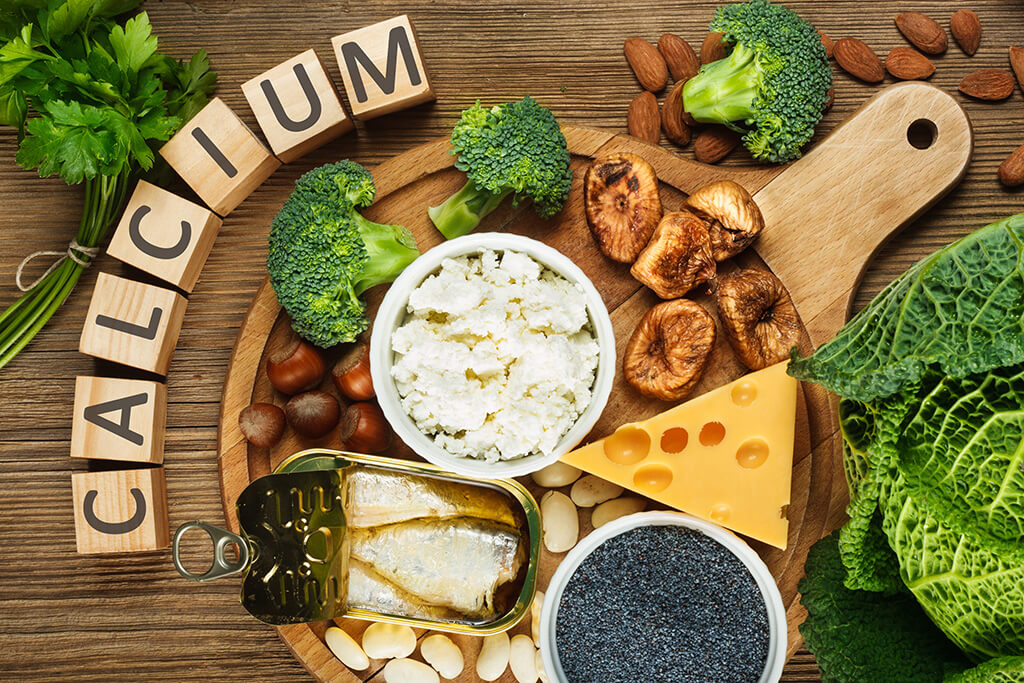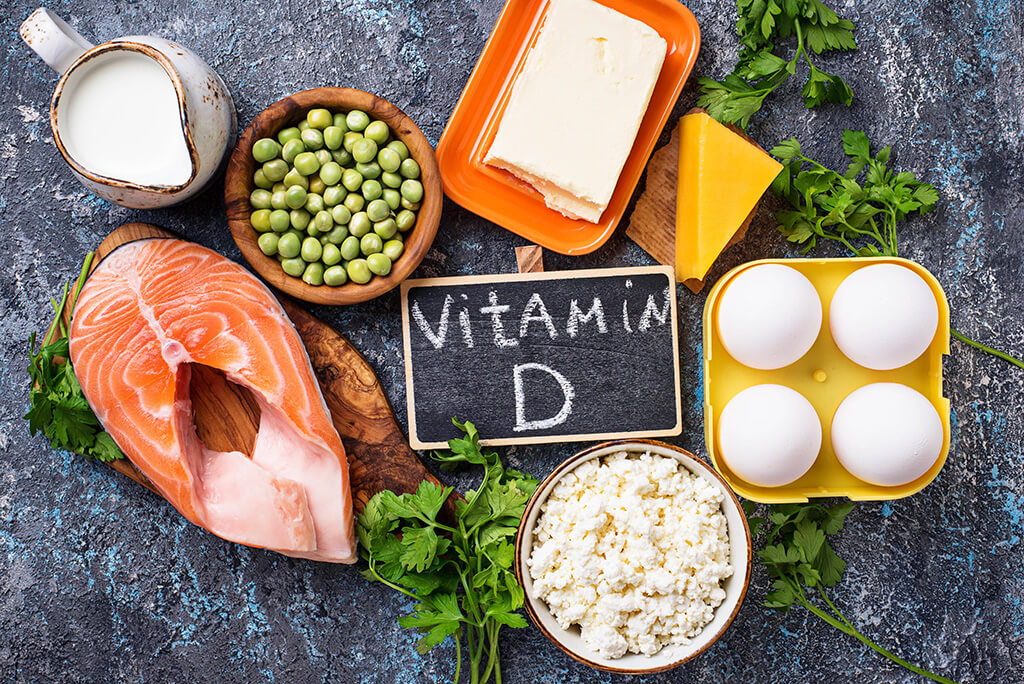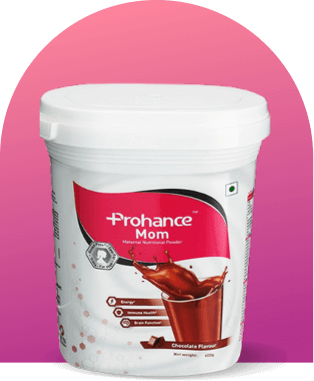The key micronutrients to nourish you and your baby greatly
Pregnancy is a remarkable and transformative journey for a woman’s body. The importance of proper nutrition during pregnancy cannot be overstated, as it directly impacts the health and well-being of both the mother and the developing baby. Among the crucial elements that pregnant women need are a specific set of vitamins and minerals that play pivotal roles in ensuring a healthy pregnancy and reducing the risk of complications. Understanding these essential nutrients is key to ensuring a smooth and healthy pregnancy for both mother and child.

It’s important to consume adequate amounts of calcium in pregnancy to support the musculoskeletal, nervous, and circulatory systems. Pregnant women who do not consume sufficient amounts of calcium are at greater risk of developing osteoporosis later in life. Aim for 1,000 mg of calcium every day to help develop the baby’s teeth and bones. Dark green leafy vegetables, milk, cheese, and plain yoghurt are a few excellent sources.
Your body uses iron to make hemoglobin. Hemoglobin is a protein in the red blood cells that carries oxygen to your tissues. During pregnancy, the volume of blood in your body increases and so does the amount of iron you need. Your body uses iron to make more blood to supply oxygen to your baby. If you don’t have enough iron stored or get enough iron during pregnancy, you could develop iron deficiency anemia. You require 27 milligrams of iron per day while pregnant.
Iodine is an essential constituent of thyroid hormones (TH). TH actively takes part in critical periods of brain development during embryonic, foetal and postnatal stages. Therefore, the absence of TH or iodine in these critical periods produces an irreversible brain damage. Because of the physiological adjustments during pregnancy iodine requirements increase significantly from 150 μg per day in non-pregnant adult women to 250 μg per day. A healthy brain growth for your infant requires 220 micrograms of iodine per day. Eggs, pork, fish, and dairy products are sources of iodine.
4. Folic acid [1]
Pregnant women especially need to take folic acid. This B vitamin promotes the growth and development of the fetus and placenta and aids in the prevention of birth abnormalities involving the brain and spine. You can reach your daily target of 600 mcg by eating peanuts, orange juice, beans, and dark green leafy vegetables.

Vitamin D is beneficial for your own personal health. Vitamin D now has extensive research supporting its role in immune function, healthy cell division and bone health. Vitamin D (600 international units) helps build your fetus’s bones and teeth and promotes healthy eyesight and skin. Deficiency with vitamin D is also related to preeclampsia. Sources include sunlight, fortified milk and fatty fish such as salmon.
Vitamin C is needed to make collagen, one of the fibres that builds your baby’s body. Not only does it boost your immune system and reduce your risk of suffering from iron-deficiency anaemia in pregnancy, but Vitamin C is also key to your baby’s physical development too. It helps aid in the production of collagen, which supports normal growth, healthy tissue and wound healing, supports your baby’s immune system, helps your baby to absorb iron and build up stores for later use. 285 mg of vitamin C every day helps to promote healthy gum, teeth, and bone development. Vitamin C can be found in citrus fruits, broccoli, tomatoes, and strawberries.
